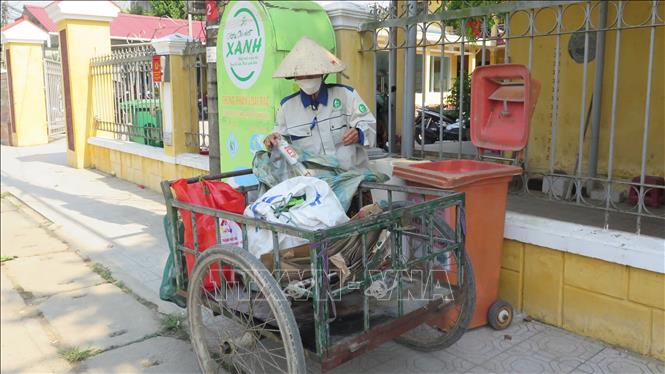
From women who earned a living by collecting scrap, they have now become “green warriors” of technology, connecting with the mGreen application and the recycling supply chain. The model not only helps improve the livelihoods and social status of members, but also contributes to shaping a sustainable waste cycle, affirming Hue as a pioneer in building a green, clean, and circular urban area.
Green Warrior Transformation
Putting down her phone after an online meeting with members of the Scrap Cooperative through the mGreen initiative, Ms. Truong Thi Xuan Mai, 63 years old, residing in An Cuu ward, confided: As one of the first women in the ward to participate in the model of the Scrap Technology Cooperative in An Dong ward (now An Cuu ward), from the early days of confusion, only 3/10 people had smartphones, now the members have all mastered creating orders, receiving collection schedules via the mGreen Collector application, and even meeting online. The most exciting thing is that the sisters unite to share everything in life, develop their work together and have a working environment that is more recognized by society.
In 2023, when the project "Hue - Plastic-reducing City in Central Vietnam" (sponsored by the World Wildlife Fund - Norway through WWF - Vietnam) cooperated with the mGreen initiative to deploy a recycling collection application, few expected that middle-aged female scrap collectors would be the pioneers. After only two years, from a scattered workplace, the traditional scrap collector profession has transformed into a technological scrap collector cooperative appearing in many wards, connected by the mGreen Collector application. People can schedule recycling collection right at home, and the technology "green warriors" will come to the place to collect, saving time and contributing to forming the habit of sorting trash in the community.
No longer alone on a bicycle, now the job of collecting scrap metal has pre-orders and a clear schedule. More importantly, the income of the women has improved significantly. Each collection order also earns points on the app, which can be exchanged for shopping vouchers. The cooperative also uses profits to set up a revolving fund to help women borrow capital.
“Now people sort and schedule in advance, and can collect many times more in one trip than in the past when they had to travel dozens of kilometers, which was very difficult, but could only collect 1-2 kg of scrap. The scrap business has never been as organized and stable as it is now,” Ms. Truong Thi Xuan Hang, from the Huong So Ward (now Huong An Ward) Technology Scrap Cooperative, excitedly revealed.
The most valuable thing that the “technological scrap” model brings is not only income, but also confidence. Women who used to feel self-conscious about their work are now recognized by the community. They know that they are contributing to a big goal: building a green, clean, and circular Hue city. Instead of thinking of doing this job to make a living, people have understood the value of their work. They are even “green warriors”, propagandists who guide people on how to sort waste at the source and make money from scrap.
From hard-working women who have spent their whole lives working as scrap collectors, the Scrap Collector Cooperative model through the mGreen initiative has turned them into "green digital citizens" who are an important link in the circular economic chain.
Model adaptation
Originating from two technological scrap collector cooperatives operating in two districts: Thuan Hoa and Phu Xuan of the old Hue city (belonging to Thua Thien - Hue province), now the whole Hue city has 32 members participating in three technological scrap collector cooperatives. After implementing the two-level government model, the operating area of the cooperatives has become much wider, posing many challenges for the members.
To adapt, the technology scrap collection groups have built a new operating mechanism by dividing the area fairly by drawing lots (each group has alternating near and far areas), supporting each other between those with smartphones and those who are not familiar with technology. In addition, the common fund from the collected profits becomes a "fulcrum" for reinvestment and mutual support when facing difficulties.
“In the beginning, for orders that are too far away, the unit will support to ensure the effort and encourage team members to stay committed. In the long term, we will promote and encourage each ward to have at least one person collecting scrap metal using technology to reduce the burden of moving, improve collection efficiency and maintain a sustainable model,” said Ms. Tran Thi Thoa, co-founder of the mGreen Initiative.
In the context of Hue operating a two-level urban government model, the requirement is that all management activities must be synchronized, transparent and monitorable. When the mGreen Collector application is put into use, the entire process from receiving applications, dividing areas, and monitoring the volume of recyclable waste is recorded on the system. This will be the basis for the government and cooperatives to grasp the situation, evaluate the working efficiency of each member, and at the same time limit the situation of overlapping or missing collections. This transparent mechanism not only helps improve internal operational efficiency but also conforms to the trend of digitalizing urban waste management, ensuring the connection between the community model and the modern administrative system.
Management support
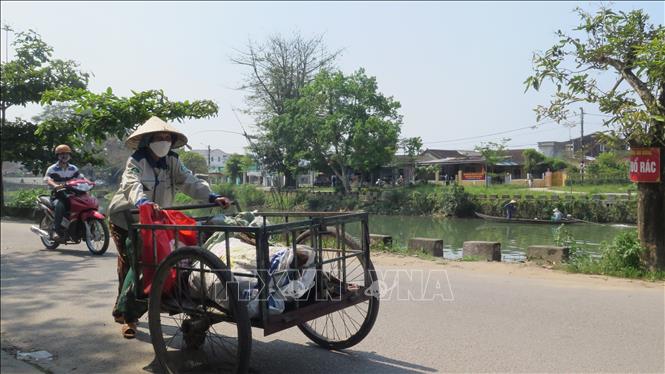
The Law on Environmental Protection 2020 stipulates that from 2025, waste classification at source is no longer an encouraged activity but has become a mandatory responsibility of every individual. The law also paves the way for collecting waste fees based on volume, instead of collecting them equally as before. The mGreen technology waste collection model deployed in Hue city in recent years is not only a pioneering step, but also brings income to households if they know how to classify waste at source.
To date, members of three technology scrap collection cooperatives in Hue city have collected 180 tons of recyclable waste (of which 20% is plastic) through the mGreen application. From small collection orders, they now have nearly 4,000 transaction orders on the application with an average volume of about tens of kilograms each time. This amount of collected waste is connected to scrap yards and recycling units on the "mGreen Online Scrap Market", contributing to better management of the recyclable waste supply chain, minimizing emissions to the environment.
According to Project Manager “Hue - Plastic-reducing urban area in Central Vietnam” Hoang Ngoc Tuong Van, the mGreen online scrap market not only connects the demand for buying and selling recycled waste but also promotes waste classification at source and implements the extended responsibility of manufacturers and importers through participating in environmentally licensed recycling units on the market; at the same time, it contributes to supporting scrap yards to complete business registration, meeting legal requirements on environmental protection.
The system will help scrap, packaging, and discarded products to be brought to recycling plants that meet standards. From there, the entities linked in the supply chain of recycled waste in general and plastic waste in particular will have the basis to benefit from financial contributions from manufacturers and importers to classify, collect, and recycle packaging and products.
However, the journey of the recycled waste supply chain in Hue also faces many challenges. Currently, the city does not have a recycling plant, leading to high waste transportation costs. Most scrap yards do not fully meet business and environmental standards such as business registration, environmental registration, value-added invoices, etc. Meanwhile, the technology scrap groups and scrap yards participating in the project are still unevenly distributed in the area. Implementation resources are still limited, and communication and public awareness raising work is not strong.
To solve the problem, Ms. Tran Thi Thoa proposed that it is necessary to connect provinces, cities, and neighboring areas - where there are recycling factories - to expand the supply chain. At the same time, it is necessary to improve supply capacity through training, technical support as well as help scrap yards and recycling units complete legal procedures and meet the necessary standards. For the recycling waste supply chain to be sustainable, there needs to be close coordination between the government, socio-political organizations, and project implementation units to mobilize more members of the technology scrap group and scrap yards to participate.
When the Scrap Recycling Cooperative model is combined with community awareness and appropriate policy mechanisms, waste management can become a sustainable value chain. This is an important step for Hue city not only to comply with new legal regulations, but also to move towards building a circular economy, where waste is turned into resources.
Source: https://baotintuc.vn/dia-phuong/hue-dinh-hinh-kinh-te-tuan-hoan-rac-thai-20251006064227148.htm



![[Photo] Prime Minister Pham Minh Chinh chairs a meeting of the Government Standing Committee on overcoming the consequences of natural disasters after storm No. 11](https://vphoto.vietnam.vn/thumb/1200x675/vietnam/resource/IMAGE/2025/10/09/1759997894015_dsc-0591-jpg.webp)
![[Photo] Prime Minister Pham Minh Chinh chairs the Conference to deploy the National Target Program on Drug Prevention and Control until 2030](https://vphoto.vietnam.vn/thumb/1200x675/vietnam/resource/IMAGE/2025/10/09/1759990393779_dsc-0495-jpg.webp)
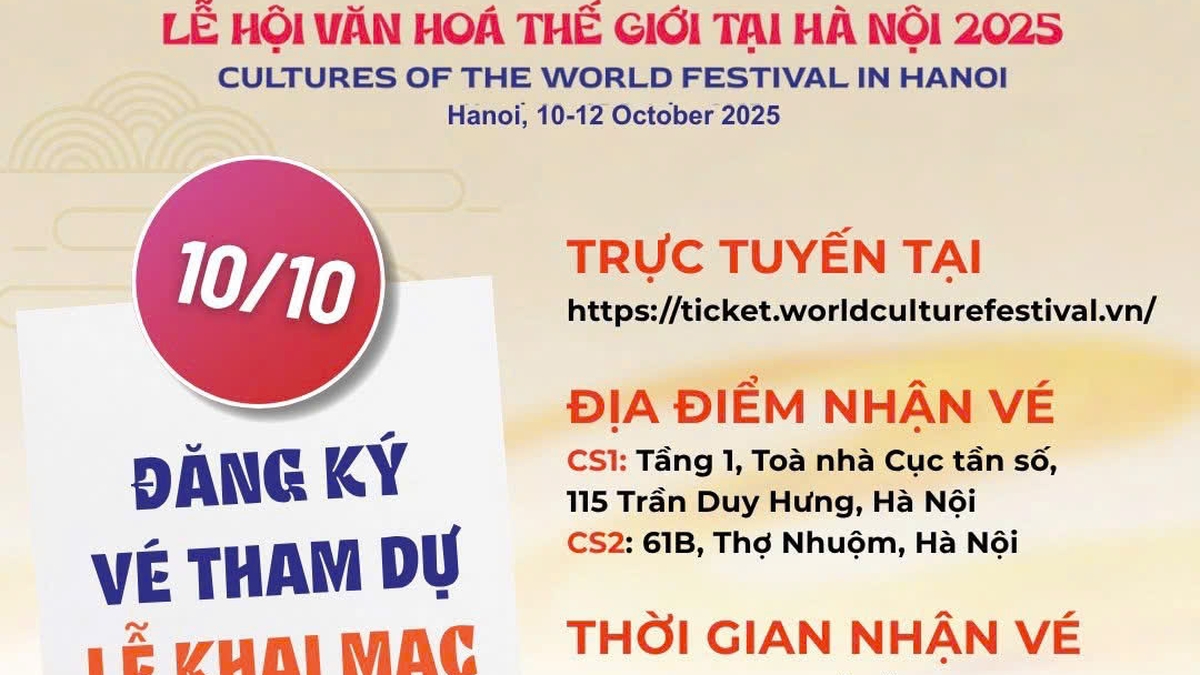


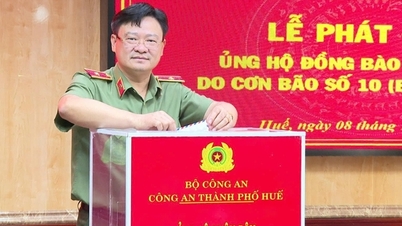



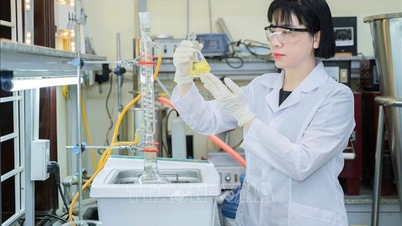
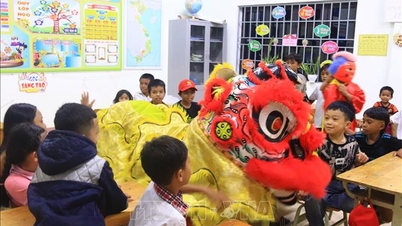
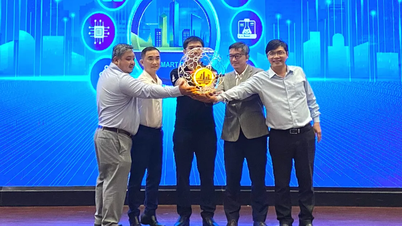

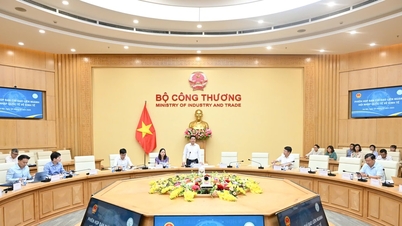



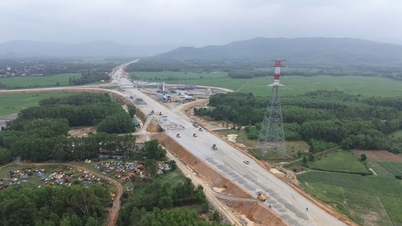
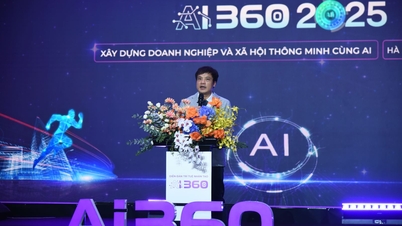






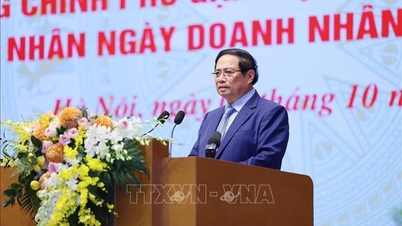
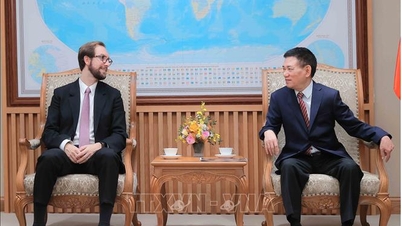

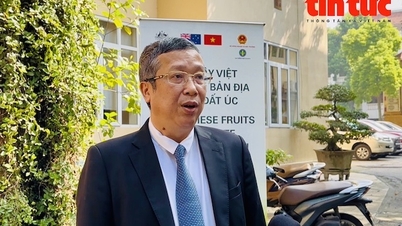
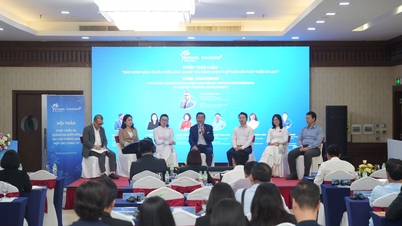
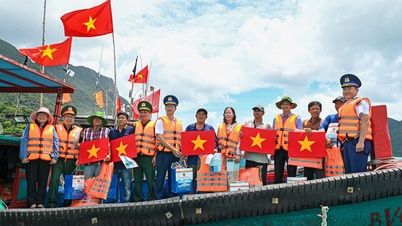








































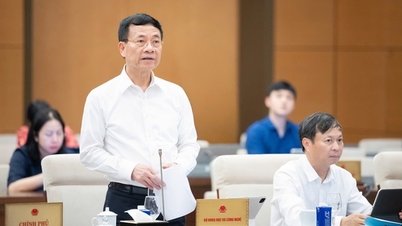

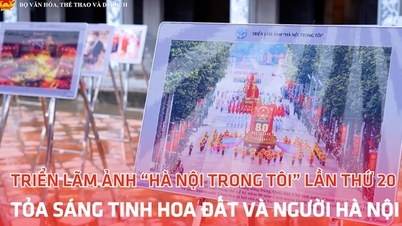
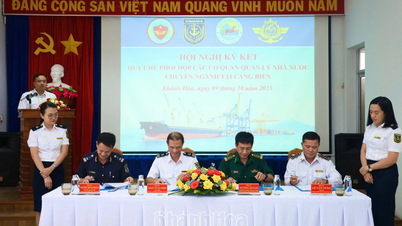

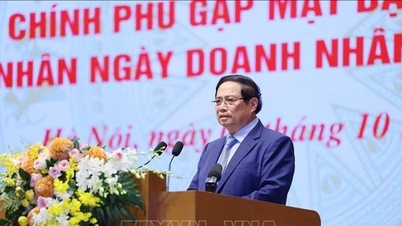



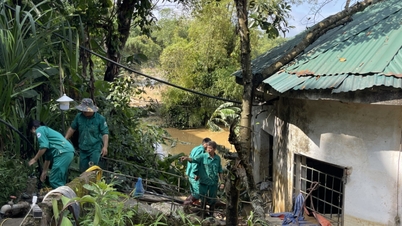

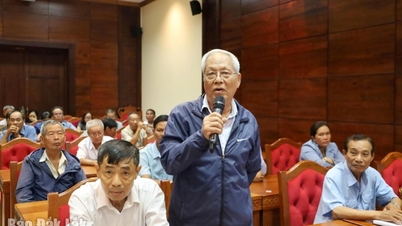













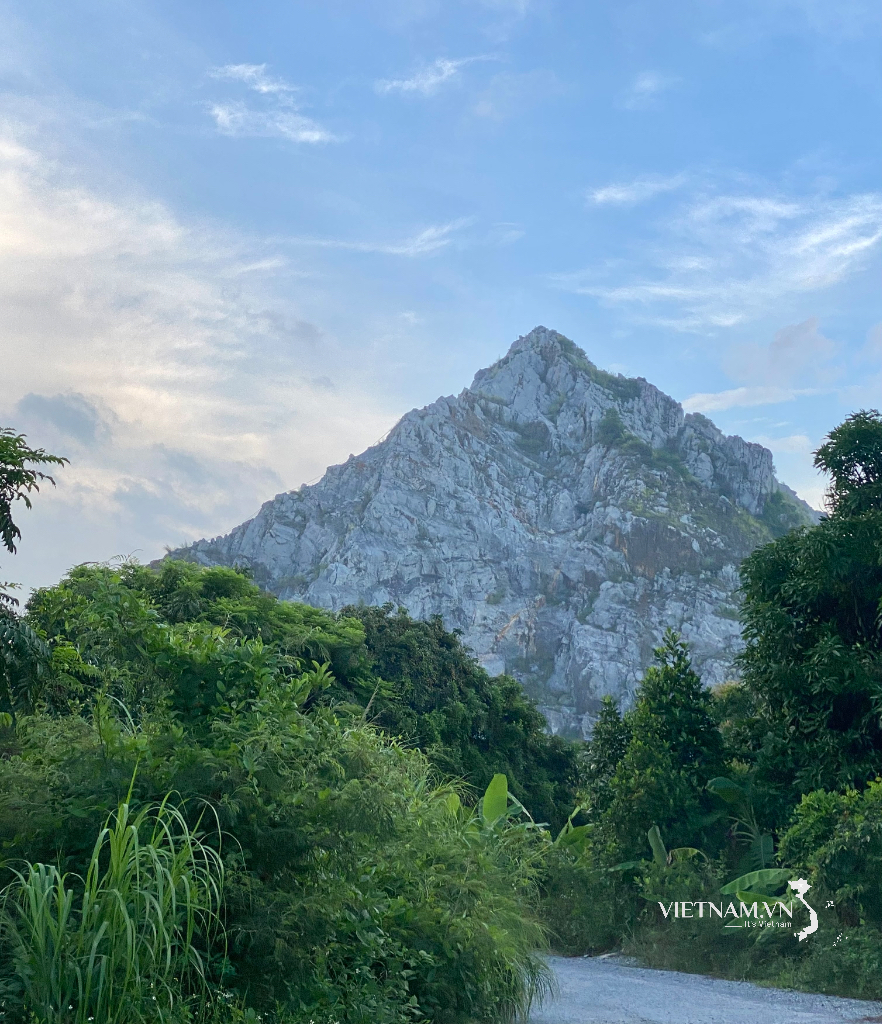



Comment (0)